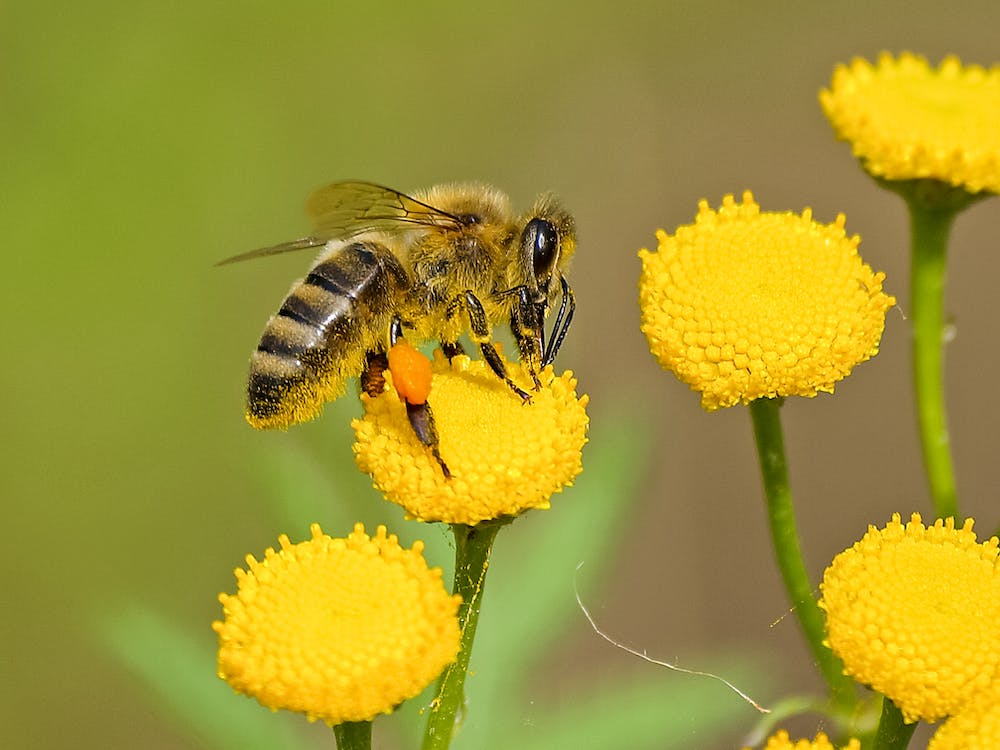Nature is beautiful. And one of the most beautiful things about nature is how it sustains itself. The birds in the air find a way to feed themselves, making their nests with mere twigs. They are self-sufficient and independent. Then some creatures sustain themselves and are essential for the environment. These little creatures have kept us running for as long as we can remember.
Not all heroes wear capes; some just wear black and yellow. Did you know that one out of three mouthfuls of food we eat is dependent on bees and what they do for us?
Let’s discuss why bees are good for the environment.
Bees Are Natural Pollinators
Bees help with pollination. If you didn’t already know, pollen is a powdery substance produced by plants that give us the best of nature’s bounty. We receive this bounty through fruits, nuts, berries, and seeds. According to studies, there is a direct correlation between pollination and human health. They provide incredible nutritional value for the crops they pollinate. It’s because of bees that we get our macros in! Like we season our dishes, these little chefs season our produce with the right nutrients before they even hit the pan.
Bees Feed Us and Stabilize the Economy
If we talk numbers, in 2009, the value of crops dependent on pollination was recorded at a whopping 15.2 billion, and guess what? Most of the credit went to bees. Furthermore, bees also provide income for beekeepers and their families, as bee farming helps them sell honey. By the way, the honey industry alone garnered 9.01 billion dollars in 2022.
Save the Bees, Save the Trees
Bees pollinate not only flowers and food crops but trees as well! Alder, hazel, wayfaring trees, and horse chestnuts—you name them—all rely heavily on pollination from bees, and you know how important trees are for the environment. Trees are important for our oxygen and sustaining and stabilizing most of our wildlife.
Biodiversity
All creatures have a role to play in the web of life. Bees help pollinate wild plants. Plants are not only important for consumption but for medicinal purposes, too. Bees contribute to the countryside and the enrichment of landscapes. Pollen is consumed by bees as food, but they also transfer it from plant to plant. They help trees and shrubs, ensuring our gardens stay intact. Pollination helps produce seeds that renew our natural habitat through seeds planting our future.
Health
Bees provide honey which is a high source of nutrition. Honey contains sugar, amino acids, minerals, vitamins, zinc, and iron, to name a few of the nutrients that benefit our health. Honey is also used as an anti-inflammatory, anti-bacterial, and antioxidant agent.
More than our food staples and nature around us, the most valuable thing bees give us is the lesson that we, too, need to pay attention to our environment and do our best to try and sustain them. We, too, as humans, need to give back to our society.
Richard Oulette has created the perfect book that educates young children to appreciate bees. Buzzing their way to every household and classroom, we have Billy BuzzBee: The World of Honeybees; grab your copy now!

